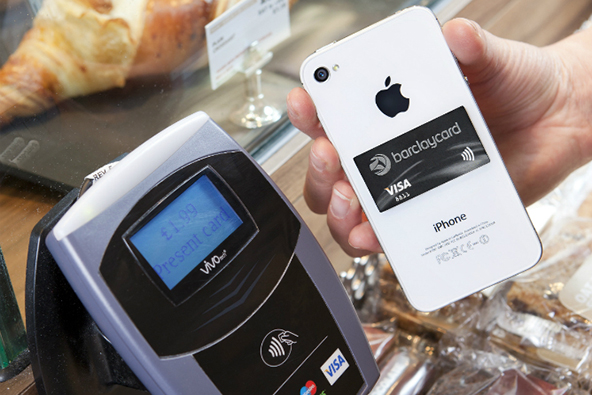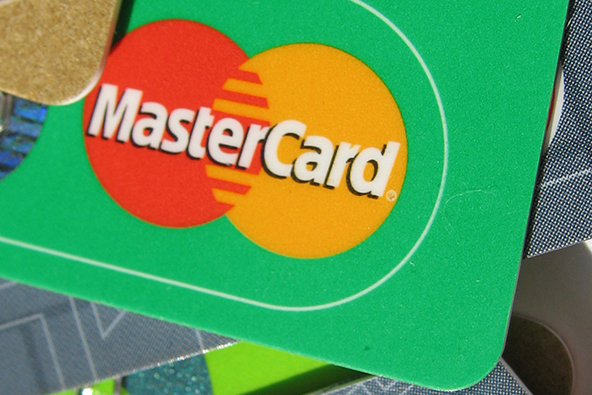Cupcakes, Credit Card Processing and Square

It’s been quite some time since we’ve written anything about Square, Jack Dorsey’s mobile payments project, but I read something interesting this morning that simply had to be commented on.
The story in question involves a sleepy Midwestern suburb, cupcakes (fantastic ones at that), the biggest U.S. payment processor, credit card fees and, of course, Square. It’s a great story and I had a lot of fun reading it, as I’m sure many others did too. However, I suspect that I had so much fun for a reason that completely escaped the author’s notice.
The Cupcake Story
So TechCrunch’s Jay Donovan tells us about Fantasy Cupcake’s search for the best credit card processing provider. This aptly-named killer cupcake maker (take Donovan’s word for it, not mine) is located in Canal Winchester, a suburb of Columbus, Ohio.
The fun began shortly after Leah Dotson, the owner, chose Square as Fantasy Cupcake’s processor. A procession of smug bank representatives beat a path to Fantasy’s door, armed with flyers and credit card processing proposals that were sure to be far better than Square’s. “We’ll give you 300 bucks if we can’t beat your current merchant rate plus give you $100 to switch to our service,” one of them tells Dotson, only to make an ignominious retreat shortly after she sees Square’s pricing sheet (and keep her $300 in the process!).
Having fun yet? Wait, it gets better. Donovan has actually posted the pricing proposal submitted by a Huntington Bank / First Data representative. Here it is:
|
Huntington Bank / First Data Pricing |
|
| Qualified rate | 1.69% (small ticket 1.20%) |
| Transaction fee | $0.15 |
| PIN debit | $0.39 |
| Monthly service fee | $9.95 |
| PCI compliance fee | $99.95 |
| Application fee | $49 |
| Terminal | $32 per month |
By comparison, Square charges a qualified rate of 2.75 percent, with no other fees. Donovan has excluded both Huntington’s and Square’s non-qualified rates, I guess for the sake of simplicity, which is fine, as I don’t think it takes anything away from the point he’s making, which is as follows:
In the end, a First Data merchant agreement would have amounted to almost $800 per year in additional fees for Leah vs. Square’s simple 2.75% rate structure and no additional fees. Forget the POS hardware purchases and statement fees and just think about that $.15 transaction fee. That’s 1.2% plus $.15 on every single transaction vs. Squares flat rate of 2.7%. When you think about the fact that the majority of Leah’s sales are under $3.00, it really adds up. That’s roughly $.21 in fees for that $3.00 order vs. $.08 using Square.
Then there are the PCI, service and terminal fees. By the way, the type of terminal this merchant needs costs $100 – $200, depending on the make and model, and $32 per month for two or three years is way over the top.
So yes, Square is indeed the better option for Fantasy Cupcake and Dotson has made the right decision. But what makes me smile is that Donovan is unwittingly making fun of the wrong payment processor here.
A Few More Successes Like This One…
When Square dropped the per-transaction component of its qualified rate back in February, we analyzed its fee structure and concluded that:
[F]or regular credit cards, Square’s break-even threshold would be at about $8.50. In other words, the start-up would be making money from processing larger transaction amounts, but losing money on lower transaction amounts.
For rewards and other special credit card types the threshold is higher, while for debit cards it is lower. What that means in our cupcake story is that Square is losing money on the majority of Fantasy’s transactions (which Donovan tells us average $3 per sale).
So I’m not sure if the Square guys are having as much fun as Donovan and Dotson understandably are.
The Takeaway
The point is that Square’s decision to drop its per-transaction fee places it in a very vulnerable position. The start-up is already losing money on most small-ticket transactions, as seen above, even as it charges a very high percentage rate on both qualified and non-qualified transactions.
At the same time, as the number of Square’s competitors is rapidly increasing, so is the downward pressure on the percentage component of the processing fee. For example, just today we learn that ERPLY is now offering a Square-like service that charges 1.9 percent per transaction. Even though the ERPLY card reader costs $50 to buy, that would be a price well worth paying for merchants with a sufficiently high average ticket (the higher the ticket amount, the higher the weight of the percentage component and the lower the weight of the fixed per-transaction component of the processing fee).
So Square will eventually have to adjust its pricing structure in some way. I wouldn’t be surprised at all if the per-transaction fee makes a reappearance or a minimum fee is introduced, specifically to counter losses from processing small ticket transactions. Whatever their form, any future changes may not be as amusing to owners of cupcake bakeries or indeed, bloggers.
Image credit: Wikimedia Commons.



Square is not nearly as good as you make it out to be. Everyone who considers it for their business needs to take a look at this review: http://www.cardpaymentoptions.com/credit-card-processors/square-review/.